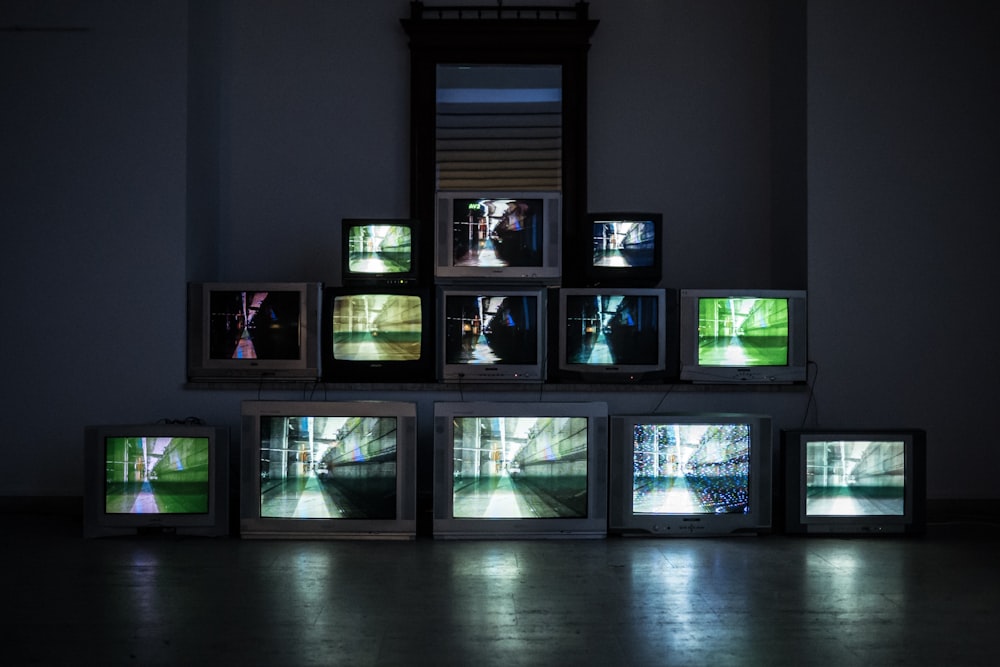Since it rose to global popularity in the 20th century, the bingo landscape has seen a dramatic change over the past two decades. With the rise of technology, from the internet and wireless connection, to computers and mobile phones, bingo has gone beyond numbers on a piece of paper. Now, bingo isn’t just about getting a full house, and with a plethora of online games to choose from, the opportunities are endless.
How tech changed bingo
In the early 21st century, traditional bingo halls began to decline dramatically thanks to new forms of entertainment, like television, PC’s, games consoles, and online games. This is where online bingo really began to take off, and gaming organizations started to develop websites that offered hundreds of bingo games. Later arriving at the scene, the touch screen mobile phone, was when bingo was introduced to consumers as a game that could be played on the go.
This meant, and still means that, as an online bingo consumer, you can travel on the train or roam around a foreign country while you play online bingo and still benefit from bonuses and jackpots. With this increased accessibility to bingo, gaming organizations were in demand, and bingo games like Frootastic and Cops ‘N’ Robbers were born to keep up the interest. Bingo has since used other forms of online entertainment as an advantage to create their games in order to appeal to audiences and move away from the norm. In an era where TV and handheld entertainment was increasingly popular, people began to put their books and board games down for the digital screens, so it’s, therefore, no wonder bingo developed a relationship with other forms of online entertainment.
Television
Since televisions could be found in billions of homes across the world in the early 21st century, live and pre-recorded game shows became one of the most popular sources of entertainment. Not only could viewers relate to contestants since they were more often than not normal people, quite the contrast to the usual TV shows and films, but game shows also provided on-screen entertainment that allowed viewers to play along should they want to. Though, since viewers could simply just answer a question on Who Wants to be a Millionaire amongst their family from the comfort of their sofa, bingo came along and created games that actually allowed viewers to play. From Slingo Who Wants to be a Millionaire to Deal or No Deal, bingo sites provided a sense of involvement for the nation, while also being entertainment.
Mobile Phones
Recent research has found that the mobile phone is the most used digital device of them all, beating PC’s and televisions. It’s no wonder then that since bingo went digital, it has maximized its potential on the handheld platform to reach wider audiences. It’s hard to think of the traditional bingo game on a mobile phone, which is exactly why modern bingo has adapted, replicating the style of mobile apps found on the market.
It’s clear that bingo has come a long way since its inception, and while traditional bingo is still available worldwide, it is now part of a digital scene that interconnects and has similar ways of entertaining.





